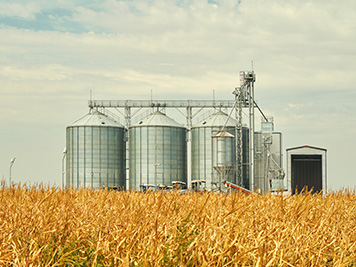As the situation in Ukraine evolves, businesses should be mindful of potential risks to their people, assets, operations, or supply chains in the region and globally. Marsh, as part of the Marsh McLennan family of companies, has created a page with information, tools, and resources related to the Russia-Ukraine conflict. Please visit the page for the latest information.



